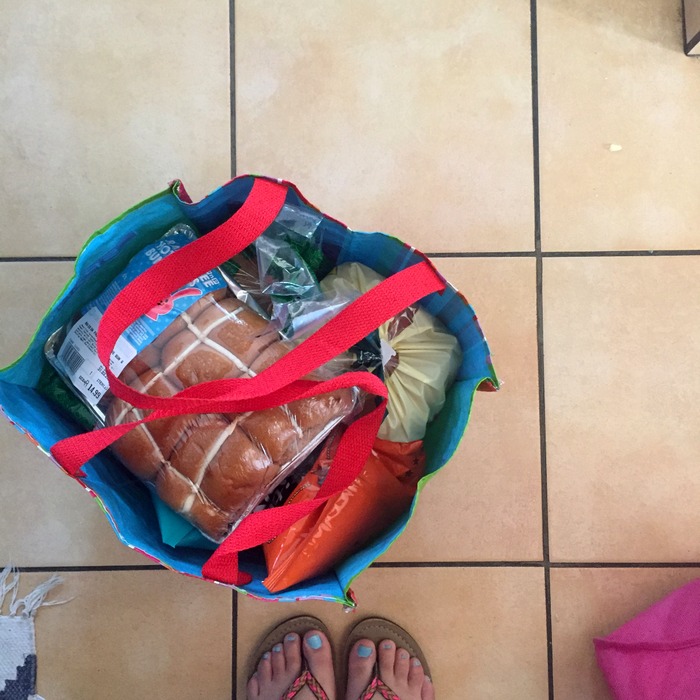Let’s talk about reserves.
Reserves is a term that simply means you have a store or buffer of time, energy or money as a safety net or a back-up plan in your life. Imagine these two scenarios… you get invited to a Zoom/ Teams meeting and are told that you’re being let go. Any change is a bit scary but if you know that you have absolutely no savings, no plan and no support, this will be a terrifying time for you! On the other hand, if you know that you have a couple of month’s worth of expense money in your savings account, your CV/ resume is current and ready to be sent out, and you have a good network to draw on, you will feel less terrified, maybe even somewhat confident in tackling this challenge in your life.
I speak to many people who say that they just don’t have enough time to do something that will make a big impact on their lives. Or they’re too tired or too drained to do something that they will really enjoy. If you have reserves in your life, aren’t you more likely to feel content, at peace, and also able to tackle anything? If you don’t have reserves, however, you probably will feel anxious, worried and afraid. Challenges like the example above will also feel worse if you don’t have health and stress reserves built up.
Having reserves means that you have enough at any given moment. This is freedom because it means you can make choices without having a lack of something – usually time or money – dictate how your decisions should be made. You also need a reserve of space, whether emotional or physical, to fulfil your dreams or, very basically, to do things that make you feel more like you.
How can you create the life you want if you don’t give yourself any space and time to do so? Time reserves mean that you don’t jam-pack your schedule so that you can say yes to connection with others or to your own pursuits. During this pandemic, I’ve spoken to many people who have said things like “I don’t think we’ll ever go back to all the activities again”. They have tasted time freedom and it feels amazing. We will talk more about time in next month’s article (I can’t wait! Send me questions you want me to talk about).
I also want to emphasise the physical aspects – stress and health. Almost everything feels doable if you’re in good health and you don’t feel stressed. If you don’t take care of your health and manage your stress, your body will start talking to you in the form of disturbed sleep and other physical ailments.
Once you’ve completed the worksheet, you’ll probably start to see a pattern that explains some things in your life. If I had completed this worksheet 10 months ago, I would have had very few yes answers in areas like health and stress. This also explained why I was so frazzled and crazy during early lockdown. I’m not making excuses – I’m just explaining that there’s always a reason why a particular area (s) of your life doesn’t seem to be working. I know you’ll all agree that it’s far nicer to feel content, fulfilled, satisfied and at peace than irritated and miserable.
I made a printable for you – the creating reserves worksheet – and you can download it here.
Tag me on Instagram @OrganisingQueen when you complete it while enjoying a lovely hot/ cold drink – I LOVE seeing your tags!
















